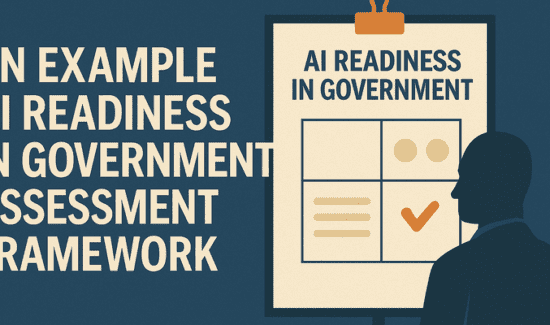CEO of Mobile App Platform Canvas Gets Down to Business


There’s certainly big bucks to to be made in mobile apps today and going, with the total value of the global market at $30 billion. Additionally, significant majorities of of companies surveyed by Appcelerator see mobility as one of the highest priorities for their businesses. However, the challenges involved in developing those mobile apps means that as of today, according to the same appcelerator survey, “73 percent of enterprises have built fewer than five applications, and 39 percent have built none or just one.”
What are the hang ups holding businesses back? James Quigley has a few ideas. First, he considers the in-house custom development of each app from scratch to be an inefficient use of internal IT resources. First of all, small and medium size enterprises usually can’t even afford to take the in-house, one-off custom development path. For organizations large enough to afford it, James says that other obstacles present themselves, such as “scarce resources for mobile efforts, lack of technology standardization, lack of clear direction or strategy, need to integrate with enterprise data, and decentralized mobile efforts.”
More complexity creeps in if you’re building an enterprise-class mobile app. With such a big investment, one would hope that your enterprise mobile app would last for a long time. However, as large enterprises evolve, their technology needs change as well. The result, according to James:
a custom app can become more restrictive and less valuable for your enterprise over time unless you continue the costly process of updating the platform and adding new features, all of which typically requires developers and in the end may only support one mobile platform.
Those same custom built apps “can also inhibit innovation” because in order to keep that enterprise app working, your options for the rest of your IT environment become limited. Finally, once you’ve custom built and custom rolled-out that enterprise app, you have to continue to invest significant IT resources in managing, maintaining, testing and troubleshooting.
How do you solve this dilemma? The Canvas founder says you should go with a cloud-based mobile application development platform. Similar to the way cloud storage took off several years ago, cloud development platforms can accelerate the development process and save a tremendous amount of money. Cloud-based Mobile Application Management gives the same benefits, James says from his experience working with companies who use both. That second aspect also helps you keep innovating while keeping your enterprise app working, as updating your mobile apps becomes much easier and your IT department has time to think about making the app better, rather than just keeping it working.
There are some road blocks on the way to cloud development platforms for your business however. In order to get C-Suite buy in to cloud development, you need to consider a couple of things. First and foremost is security, which James says is “paramount.” This doesn’t just mean protecting your enterprise data:
But also on how the data is collected and integrated back into critical systems and processes. A security incident that impacts the app itself is damaging, but it can be even more harmful if customer or employee data is compromised.
Next up for C-Suite buy-in is giving your CXO a sense of control. A Webalo survey found that 79% of companies would prefer to “manage mobile enterprise access through their own in-house IT professionals,” and Gartner backs that up by citing control as a key driver behind why it expects 25% of enterprises to have their own enterprise app store. Based on these results, James believes that some decision-makers may feel external cloud-based app development solutions give up too much control. However, a good cloud-based mobile application development platform should allow your company to create and exert control over the mobile apps, data and user access levels, among other considerations. Be sure to select a solution that gives you these capabilities, so that you can sell your C-Suite.
Finally, James says it’s important to not only address C-Suite concerns, but also explain the benefits, such as apps that “can be deployed quickly and easily, seamlessly integrate with the enterprise’s existing systems, and saves the organization money and resources compared to building an internal enterprise application.”
While cloud-based solutions certainly offer mobile app development access for Small to medium sized companies through their cost savings, we believe other mobile application development platforms can offer you the same robust flexibility and capability. Don’t just take my word for it. Check out our Buyers Guide for an intro to the hottest MADP providers out there by following this link. You can also check out the related Solutions Review Mobile Application Management Buyers Guide here.
For James Quiqley’s full article on Wired.com, click here.



